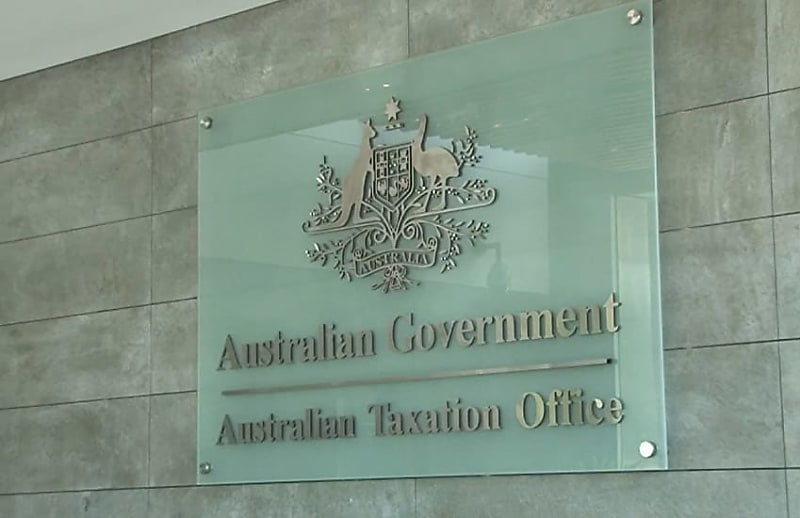ATO calls out tax advisers still making ‘basic’ errors
BusinessA new private wealth adviser program is targeting practitioners and firms at risk of passing bad habits onto clients.

The ATO is calling on tax advisers to get their own affairs in order, warning that some are still failing to get “basics right” and passing on their bad practices to clients.
The warning comes in an update to the ATO’s new private wealth adviser program, which monitors advisers – including tax and BAS agents, insolvency practitioners, and financial advisers – to “leverage” their influence on clients’ compliance.
“Taxpayers take their lead from their advisers, who set the standard for integrity, so, it’s critical that advisers ensure their own tax and super affairs are in order,” the ATO said.
It said tax advisers were still failing the basics and were at risk of driving non-compliance of their clients.
“We’ve seen advisers sometimes not getting the basics right, which can lead to bigger issues down the track,” it said.
Taxpayers, including advisers, needed to keep their personal obligations up to date and “shouldn’t wait for us to follow up about payments or expect concessions from us”.
“All privately owned and wealthy group advisers need to keep their personal tax obligations up to date, in line with community expectations and taxation laws,” it said.
The ATO said warning signs of advisers failing their obligations included being consistently time-poor and firms being understaffed or spread too thin, as well as basing fees on refunds and having inconsistent treatments across a practice.
It was also concerned about some firms reporting profit distributions incorrectly, including using incorrect labels, only partially reporting income or omitting distributions fully.
It comes as the practical compliance guide on the allocation of firm profits (PCG 2021/4) came into full effect in June, meaning high-risk arrangements would now be subject to increased enforcement action.
The ATO’s private wealth adviser program is part of the Tax Avoidance Taskforce and was established last year to ensure advisory firms and individual advisers were meeting their own tax obligations.
The program sees the ATO use a range of data to identify risks, behaviours of concern, and common errors.
“While we monitor the role of advisers in the market and intervene where appropriate, it’s the presence of tax risk that attracts our attention,” it said.
A key focus area would be detecting advisers designing and promoting unlawful tax schemes to privately owned and wealthy groups and influencing their clients to adopt high-risk or uncertain positions.
“Our private wealth adviser program addresses the full spectrum of adviser behaviour ranging from those who make mistakes to those who engage in uncooperative, misleading or obstructive behaviour,” the ATO said.
“We’ll act quickly with advisers who undermine the integrity of the tax system or who facilitate non-compliance. In serious cases, promoter penalty laws may apply to promoters of unlawful tax schemes.”
Practitioners could also face TPB referrals, which could result in an investigation and lead to a written caution or the termination of registration.




